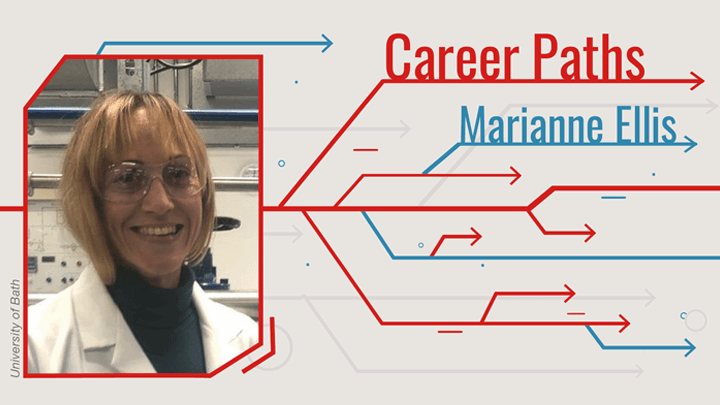Five things to consider for transferring sectors

9th December 2021
The COVID-19 pandemic and climate change have caused a shift in job opportunities for chemical engineers, particularly for those in more traditional carbon-based industries.
This may lead some to wonder what opportunities there are to move from these sectors to emerging ones and how to best to utilise and showcase their transferable skills in applications and interviews to make the switch.
In two recent articles for The Chemical Engineer, recruitment consultant James Colley offers his expert opinion. As Director of Consilium Recruit he has worked closely with chemical engineers and recruiters over the years to help find suitable matches and recognises the wealth of transferable skills chemical engineers can bring to different sectors.
So, here are five of his many tips on switching sectors.
1. Do you have an up-to-date CV and LinkedIn profile?
CVs should accurately reflect your skills base, James says, and feature the must-haves such as accurate career history, education and vocational qualifications, including dates of achievements.
He advises for your LinkedIn profile to mirror this – and for you to be active upon the platform as many recruiters will use LinkedIn as the applications-handling portal.

2. Be clear on what are your transferable skills
James recommends that if you make a case in an application that you have a skill area that is transferable, be ready to back this up with examples of successful implementation. Explain how a process or methodology can be transferred, why it can be transferred and why this will be effective when transferring.
It is an invaluable exercise to understand what you are applying for in depth and map your skills to those applications, paying considerable attention to which skills you decide to pitch as transferable. It’s especially important to have a full understanding of the business. This will enable you to highlight your suitability for the role and organisation more accurately when making a case to transfer your skills to another sector.

3. Track applications and interviews
You may be applying for many jobs at a time, and be approached by multiple recruitment agencies, often also working for the same companies for which you’re applying to. It’s possible to be approached by multiple agents on any given day. These leads can quickly add up on a weekly and monthly basis.
James advises using software such as Excel or MS-Project type packages which can be hugely beneficial for keeping track of applications and their progress in an organised methodical manner.

4. Use the archery target-approach
James says this is an approach used by recruiters to consider where skills can be transferred outside of the immediate sector you work in (the bullseye), with neighbouring industries and wider disciplines being the outer rings of the archery target.
The core skills inherent in a chemical engineer include problem solving, analytical capability, process management, project management, software capability and commercial awareness. These translate well to any sector, but particularly well to water treatment; wider manufacturing and engineering, such as food and drink; electrification; related developments within battery technology; and hydrogen-based technologies.
James states that with many companies recruiting heavily, “the climate for changing career path into other sectors looks very positive”.
Wherever upon the target you’re considering, he recommends using the archery approach while asking yourself, “what am I trying to achieve by changing sector?”, to keep you focused on finding the right role and sector for you.

5. Learn from others who’ve switched sectors
Not sure where to start? James suggests seeking out how others have made the switch and gain further advice from them.
Check out The Chemical Engineer’s Career Paths feature series, and see IChemE’s Your career in chemical engineering blog and video series, which give a broad range of career options available.

Gain all of James’ advice by reading the feature articles Time to Transfer and Going for Gold...Red, Blue, or Black? in full at The Chemical Engineer.
For further careers resources to help with skills transition and professional development, visit www.icheme.org/career.